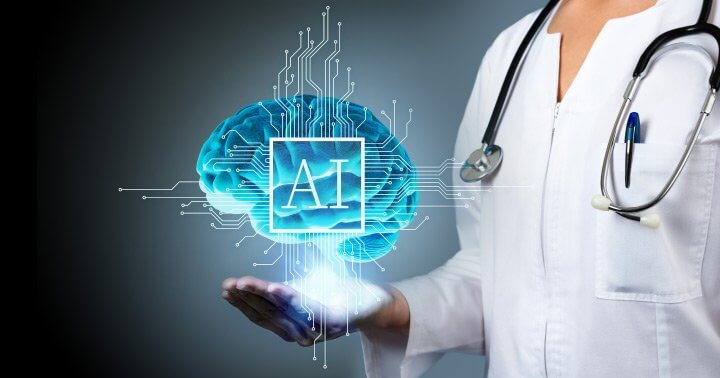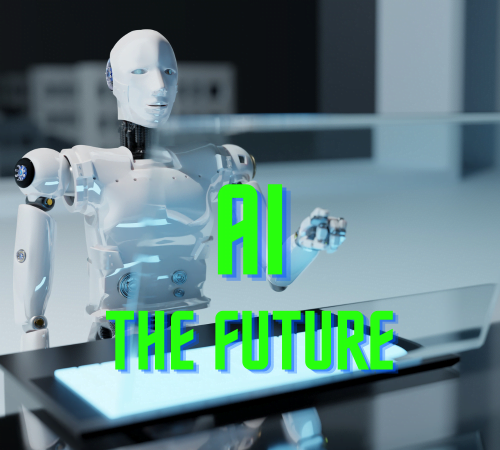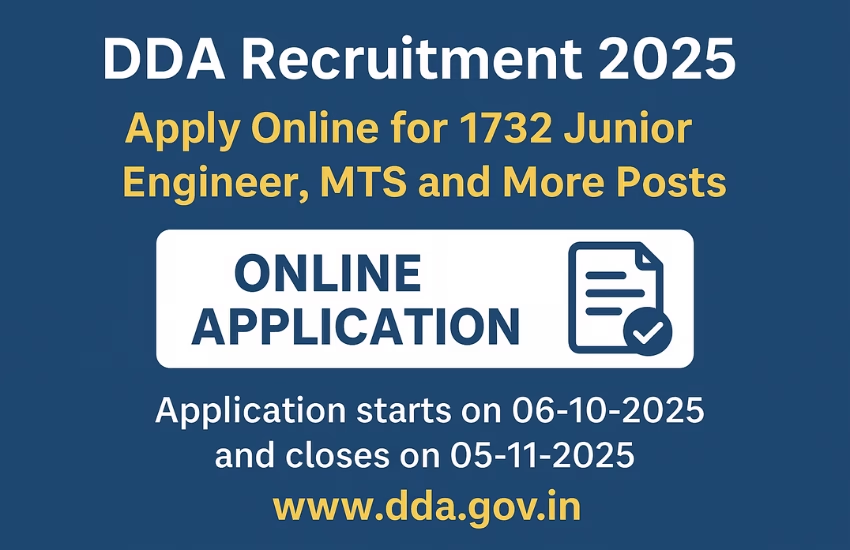Health and Artificial Intelligence: The Power of AI in Healthcare

Health and AI
Healthcare revolution by advancement in Artificial intelligence
In recent years, the healthcare landscape has been undergoing a transformative revolution, powered by advancements in artificial intelligence (AI). From diagnosis and treatment to personalized care and administrative tasks, AI is reshaping every aspect of healthcare, promising more efficient, accurate, and accessible services. In this blog, we delve into the profound impact of AI on health and explore the promising future it holds.
The Power of AI in Healthcare
Artificial intelligence, with its ability to analyze vast amounts of data and recognize patterns, has emerged as a game-changer in healthcare. Here are some key areas where AI is making a significant difference:
1. Early Diagnosis and Predictive Analytics
AI algorithms can sift through medical records, images, and genetic information to detect patterns indicative of diseases such as cancer, diabetes, and heart conditions. By identifying these patterns at an early stage, AI enables healthcare providers to intervene promptly, potentially saving lives and reducing healthcare costs.
2. Personalized Treatment Plans
No two patients are exactly alike, and AI recognizes this fact. By analyzing individual health data, including genetic makeup, lifestyle factors, and medical history, AI can generate personalized treatment plans tailored to each patient’s unique needs. This personalized approach maximizes treatment effectiveness while minimizing adverse effects.
3. Remote Monitoring and Telemedicine
With the rise of wearable devices and IoT (Internet of Things) technology, AI facilitates remote monitoring of patients’ vital signs and health parameters in real-time. This continuous stream of data allows healthcare providers to track patients’ health status remotely and intervene proactively when necessary. Additionally, AI-powered telemedicine platforms enable patients to consult with healthcare professionals from the comfort of their homes, improving access to care, especially in remote or underserved areas.
4. Drug Discovery and Development
The traditional drug discovery process is time-consuming and costly, with high failure rates. AI streamlines this process by analyzing vast datasets to identify potential drug candidates, predict their efficacy, and optimize their molecular structures. By accelerating drug discovery and development, AI holds the promise of bringing novel treatments to market faster and at a lower cost.
5. Administrative Efficiency
Healthcare organizations face numerous administrative challenges, from scheduling appointments to managing electronic health records (EHRs). AI automates many of these tasks, reducing administrative burden and allowing healthcare professionals to focus more on patient care. Natural language processing (NLP) algorithms, for example, can transcribe dictations, extract relevant information from medical notes, and streamline documentation processes.
Challenges and Ethical Considerations
While the potential benefits of AI in healthcare are vast, they are not without challenges and ethical considerations. Here are some key concerns:
1. Data Privacy and Security
The widespread use of AI in healthcare generates vast amounts of sensitive patient data, raising concerns about privacy and security. Healthcare organizations must implement robust data protection measures to safeguard patient confidentiality and comply with regulations such as the Health Insurance Portability and Accountability Act (HIPAA).
2. Bias and Fairness
AI algorithms are only as good as the data they are trained on, and if this data is biased, it can lead to biased outcomes. For example, AI algorithms used for diagnosing diseases may be less accurate for certain demographic groups if the training data is not representative. Addressing algorithmic bias and ensuring fairness in AI-driven healthcare applications is essential to prevent disparities in patient outcomes.
3. Regulatory Hurdles
Regulatory agencies face the challenge of keeping pace with the rapid advancements in AI technology while ensuring patient safety and efficacy. Establishing clear guidelines and standards for AI-driven medical devices and algorithms is crucial to foster innovation while minimizing risks.
4. Human-AI Collaboration
While AI has the potential to augment healthcare professionals’ capabilities, it cannot replace human judgment and empathy. Achieving a harmonious balance between AI-driven automation and human expertise is essential to optimize patient care and ensure the ethical use of AI in healthcare.
The Future of Healthcare: AI-Powered Revolution
Despite the challenges and ethical considerations, the future of healthcare looks promisingly AI-powered. As AI continues to evolve and mature, it will undoubtedly play an increasingly integral role in shaping the healthcare landscape. From improving diagnosis accuracy and treatment outcomes to enhancing patient experiences and operational efficiency, AI has the potential to revolutionize healthcare as we know it.
In conclusion, the intersection of health and artificial intelligence represents a paradigm shift in healthcare delivery, with profound implications for patients, providers, and society as a whole. By harnessing the power of AI responsibly and ethically, we can unlock new possibilities for improving health outcomes, advancing medical research, and transforming the way healthcare is delivered and experienced. As we navigate this exciting frontier, let us remain vigilant in addressing challenges, fostering collaboration, and prioritizing the well-being of patients above all else.














